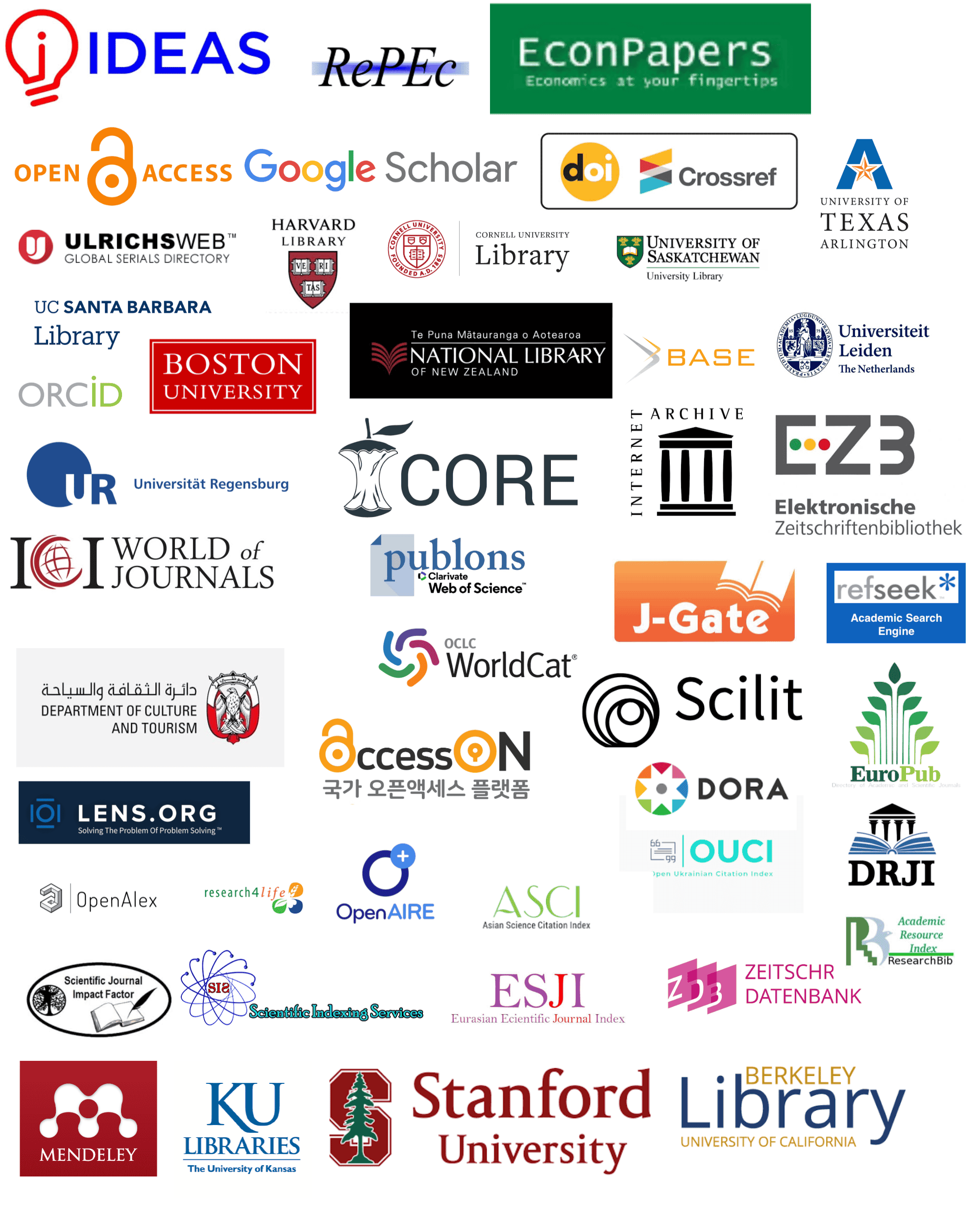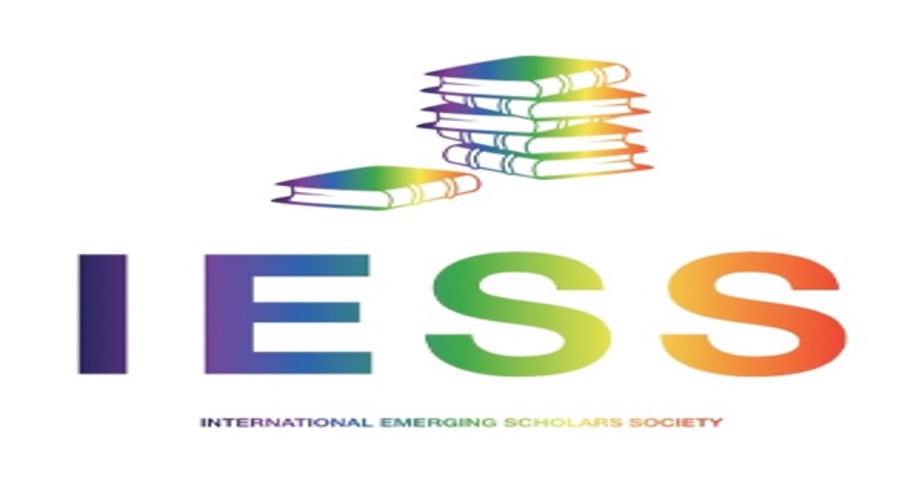Financial Reporting Quality and Stakeholders’ Investment Decision in Listed Deposit Money Banks in Nigeria
DOI:
https://doi.org/10.56879/ijbm.v2i2.21Keywords:
Investment Decisions, Earnings Management, Financial Reporting, Timeliness, Stakeholders, NigeriaAbstract
Stakeholders and potential investors require information contained in the financial statement of a business organization to be of high quality to enable them to make investment decisions. The present work explored the influence of Financial Reporting Quality on stakeholders’ decisions to invest in the listed Deposit Money banks in Nigeria. The study population consisted of the 14 listed Money DMBs in Nigeria and a sample of ten (10) banks were selected for a period of ten years (2011-2020). Ex-Post Facto method was used; and data were extracted from the published financial reports. This study assessed the influence of Earnings Management, Accounting conservatism, Financial Statement Timeliness and Earnings Per share on the value (Tobin’s Q). Firms Age and size as control variables. Excel Analytical Tool pack was used for the analyze the regression model. Results from the analyses revealed that financial reporting has a positive effect on Tobin’s Q (AdjR2 = 0.068; F (2, 99), p = 0.048). The individual effects of the explanatory variables revealed that Accounting Conservatism (AC) and financial reporting Timeliness (TML) have positive and significant impact on Tobin’s Q (0.04 and 0.014). However, Earnings Management (EM) and Earnings Per Share (EPS) have no significant effect on the Tobin’s Q (0.75 and 0.41). The control variable of Age has a significant influence with p value of 0.01 while the Firms size does not have significant impact on Tobin’s Q with a p value of 0.85 respectively. This study recommended that in order to build stakeholders’ confidence in investing in a company, organizations are encouraged to publish high quality financial statement.
Downloads
Published
Issue
Section
License
Copyright (c) 2023 Chukwuekwu OJIANWUNA (Author)

This work is licensed under a Creative Commons Attribution 4.0 International License.


